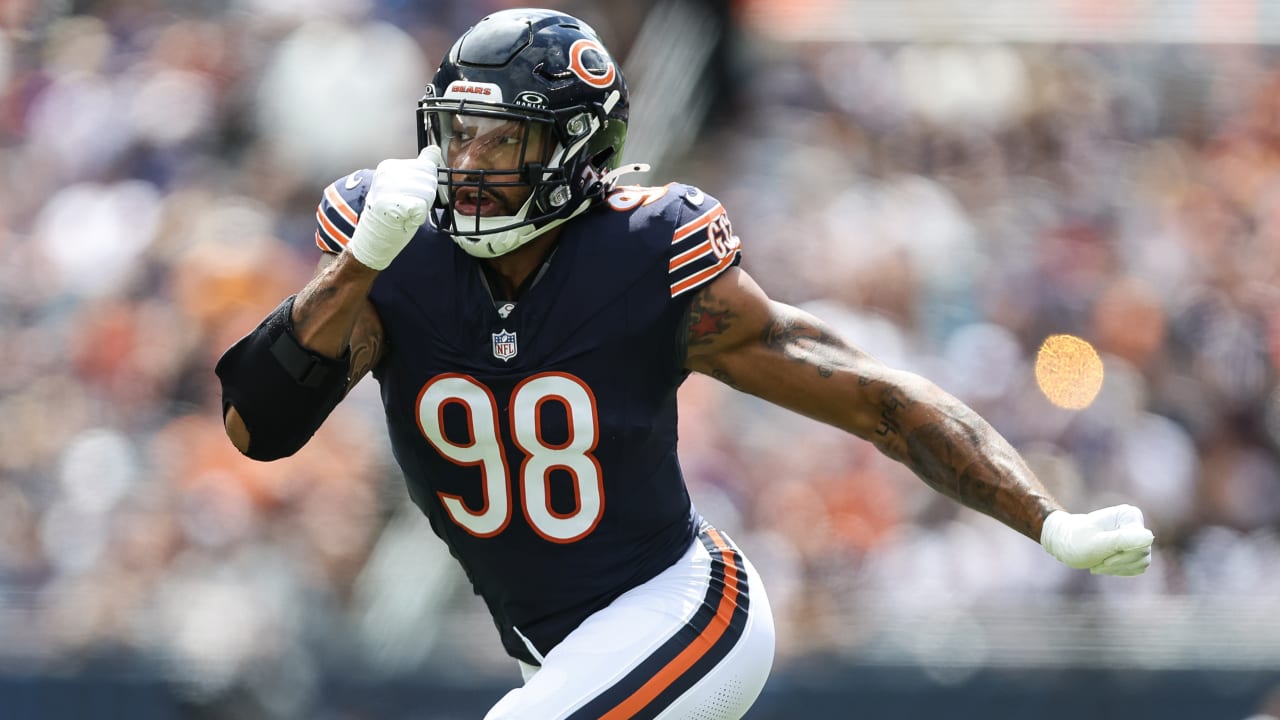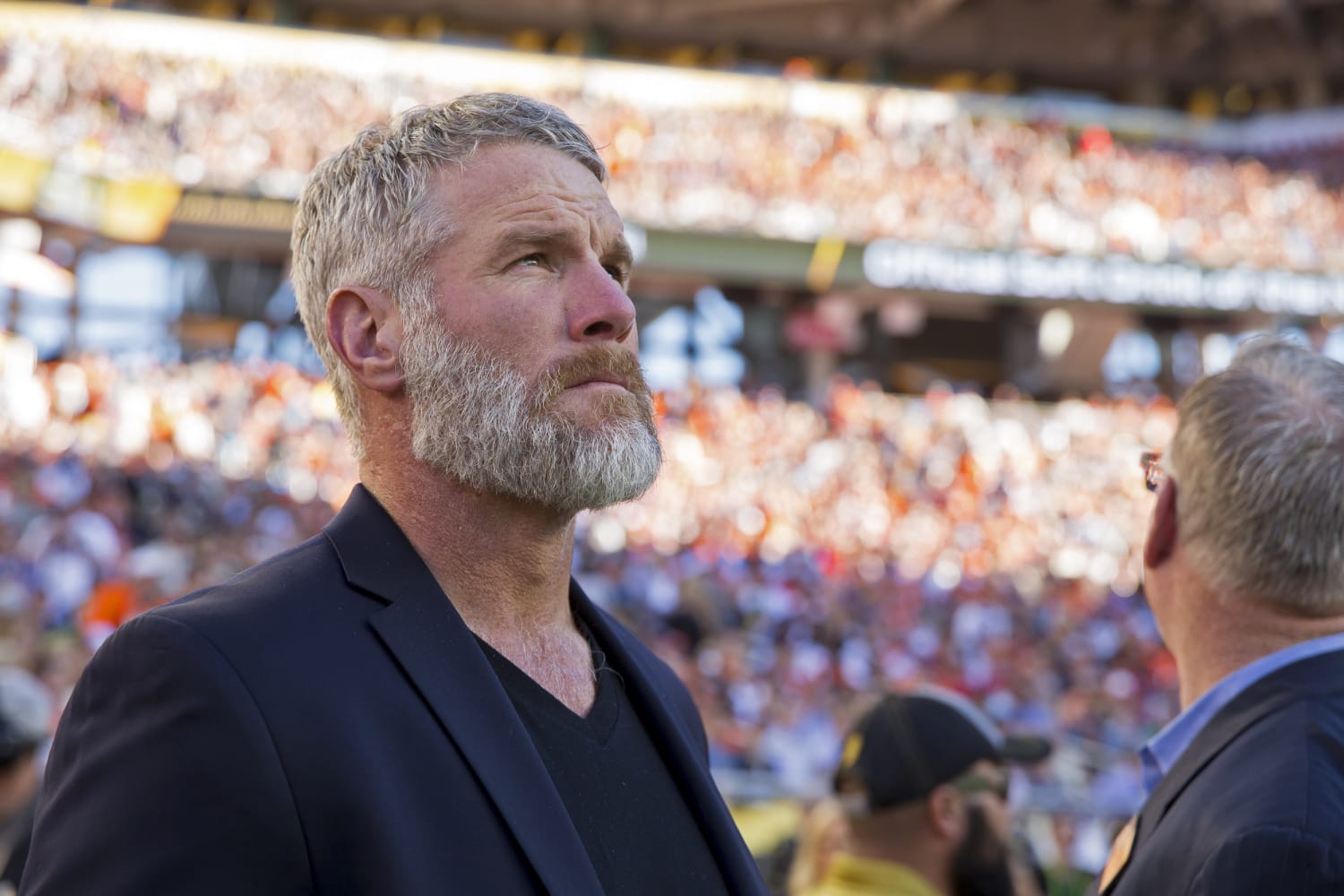Cleveland Browns QB Coach Gives Simple Answer On Why Team Chose Joe Flacco
The Cleveland Browns’ decision to name 40-year-old Joe Flacco as their starting quarterback has sparked debate among fans eager to see rookie talent take center stage. But according to Browns quarterback coach Bill Musgrave, the choice came down to one simple word: “Consistency.”

In a recent interview with Andrew Siciliano on Cleveland radio, Musgrave offered insight into the reaso ning behind what many fans consider a disappointing decision to go with the veteran over promising rookies Shedeur Sanders and Dillon Gabriel.
Cleveland Browns Bill Musgrave On Joe Flacco
Musgrave’s explanation for choosing Flacco was both straightforward and telling. “Joe’s been there, done it, tremendous body of work,” he said. “And you said it, about health factors, availability. Joe lined up day in and day out and put the work in. That’s a lot of life — not just sports — but being available. Showing up for work no matter what.”
This emphasis on availability speaks to one of the most undervalued aspects of professional sports. While fans often focus on upside and potential, coaches must consider reliability when making crucial decisions. Flacco’s track record of staying healthy and showing up consistently has clearly resonated with the Browns’ coaching staff.
When asked if Flacco still possesses his legendary arm talent, Musgrave didn’t hesitate. “He looks great out there at practice,” the QB coach responded. “He leads a lot by example. When you watch Joe throw the football on the practice field and during the games, you’d follow him anywhere. You’d follow him into the desert looking for water without a canteen. The guy can throw the ball like only four or five guys who’ve ever walked the face of the earth.”
The Rookie Factor
The decision becomes more complex when considering the talent waiting behind Flacco. Both Sanders and Gabriel showed flashes of brilliance during the preseason, with Sanders particularly impressive in his debut performance against Philadelphia, completing 14 of 23 passes for 138 yards and two touchdowns.
Gabriel, who was actually drafted ahead of Sanders, demonstrated his own capabilities in the second preseason game with 13 completions on 18 attempts for 143 yards, though he did throw one interception. Musgrave acknowledged Gabriel’s potential while n oting areas for improvement.
“The ball comes out on time. It’s accurate as all get out,” Musgrave said about Gabriel. “Now, he pulled some rookie mistakes… we want to, of course, minimize those instances.”
The coaching staff’s approach to the rookies appears patient but realistic. Sanders recently dealt with an oblique injury that Musgrave jokingly referred to as pulling his “love handle” — a “big baseball injury” that temporarily sidelined the promising quarterback. While Sanders has returned to practice, he’s not yet at 100%.
Fan Frustration and Expectations
The Browns’ decision has not been met with universal approval from their fanbase. Many supporters had hoped to see either Sanders or Gabriel get the nod, particularly given Sanders’ pedigree as the son of NFL legend Deion Sanders and his eye-catching performances that have reportedly boosted television ratings.
This tension between fan excitement for youth and coaching staff preference for exp erience creates an interesting dynamic. While fans often prioritize potential and entertainment value, coaches must balance those factors against practical considerations like game management, decision-making under pressure, and the ability to execute game plans consistently.
The pressure on Cleveland’s coaching staff is considerable. Some NFL insiders have already predicted that Flacco could be benched midseason, particularly given the Browns’ challenging early schedule. The team’s first six games present a gauntlet that could quickly expose any quarterback’s limitations.
What This Means for Cleveland’s Season
Joe Flacco’s selection as a starter reflects the Browns’ immediate priorities and realistic assessment of their current situation. The 2012 Super Bowl MVP brings playoff experience and a proven ability to perform in high-pressure situations — qualities that can’t be taught or simulated in practice.
However, this approach also carries risks. At 40, Flacco is operating on borrowed time, and his mobility limitations could become more pronounced as the season progresses. The Browns are essentially betting that his experience and arm talent can overcome the physical limitations that come with age.
The decision also suggests that neither Sanders nor Gabriel has shown enough consistency in practice to earn the coaching staff’s full confidence. While both rookies have demonstrated flashes of ability, the gap between potential and readiness appears wider than many fans hoped.
The Broader Context
Cleveland’s quarterback situation reflects broader trends in how NFL teams approach the position. While some organizations are willing to throw rookie quarterbacks into the fire immediately, others prefer a more measured approach that prioritizes stability over upside.
The Browns’ choice becomes even mor e interesting when considering their recent additions of Kenny Pickett and Tyler Huntley to provide depth behind an injury-prone position group. This suggests the organization is hedging its bets while hoping Flacco can provide the steady leadership needed early in the season.
Musgrave’s comments about Flacco’s leadership qualities shouldn’t be overlooked. The veteran’s ability to command respect in the huddle and maintain composure under pressure represents intangible value that doesn’t show up in statistics but can significantly impact team performance.
Looking Ahead
As the Cleveland Browns prepare to open their season against the Cincinnati Bengals on September 7, the Flacco decision will face its first real test. The coaching staff’s confiden ce in consistency over flash will be validated or questioned based on early-season performance.
For Sanders and Gabriel, this represents a learning opportunity rather than a setback. Both rookies will continue receiving snaps in the final preseason game and will undoubtedly be ready if called upon during the regular season. Their development continues, but Cleveland has chosen the safer path for now.
The Cleveland Browns’ approach reflects a pragmatic view of their current situation. While fans may prefer the excitement of youth, Musgrave and the coaching staff have prioritized reliability and experience. Whether that decision pays dividends or backfires will ultimately depend on Flacco’s ability to maintain the consistency that earned him the starting job in the first place.
In a league where quarterback play often determines success or failure, Cleveland has chosen the devil they know over the potential angels they don’t. Time will tell if that decision proves wise or if the rookies waiting in the wings will get their opportunity sooner than expected.





